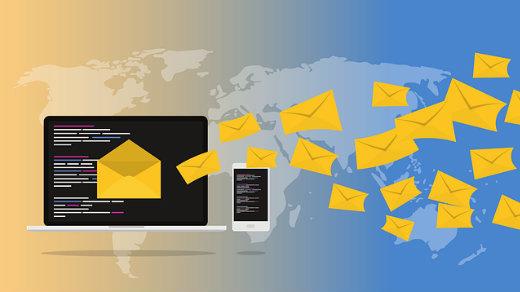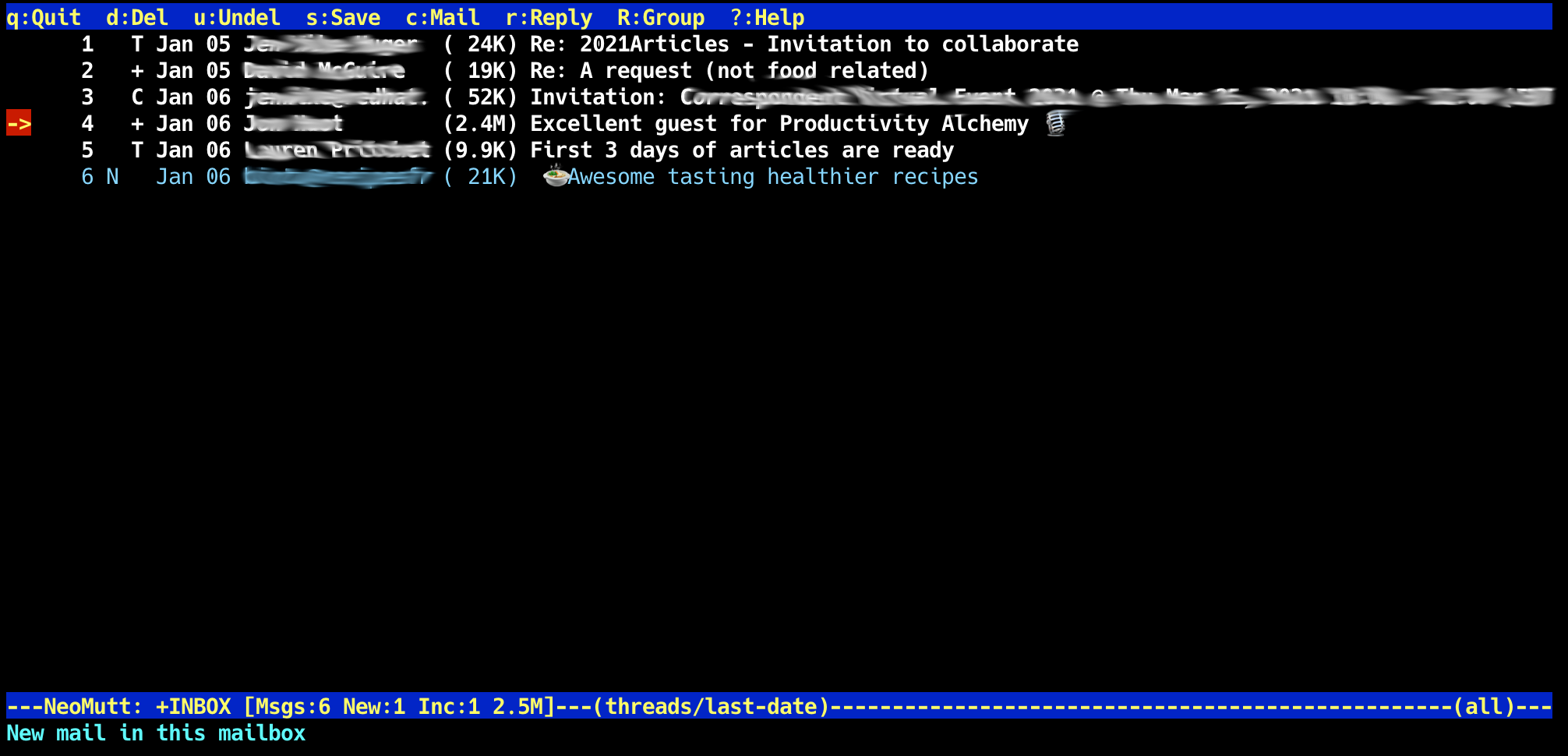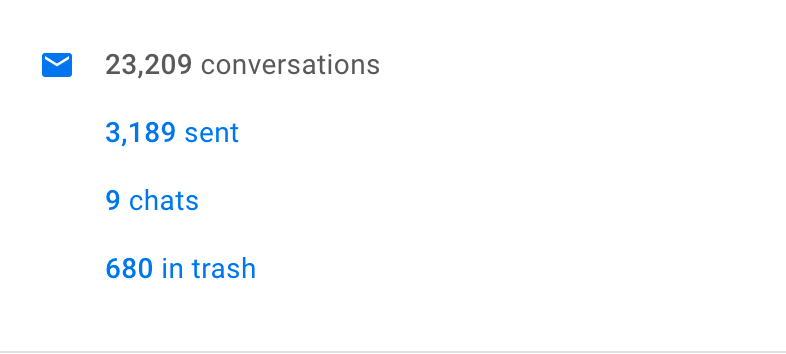4.8 KiB
3 email rules to live by in 2021
Email is not instant messaging. Prevent email from being a constant
interruption by following these rules.

In prior years, this annual series covered individual apps. This year, we are looking at all-in-one solutions in addition to strategies to help in 2021. Welcome to day 2 of 21 Days of Productivity in 2021.
Like many of us, I have a love/hate relationship with email. Email was one of the earliest means of communication on the proto-internet, corporate LANs, and the dial-up BBS ecosystem. Email was, and still is, one of the primary means of electronic correspondence. It is used for business communications, commerce, notifications, collaboration, and a pile of useful things.
Mutt email client, CC BY-SA 4.0 by Kevin Sonney
Many people have an incorrect perception of email. Email is not an instant messaging platform. It can seem like email is instant messaging sometimes when a person can send a message, have it show up on the other side of the world almost immediately, and then have a response in minutes. Because of this, we can fall into a mindset that we need to have our email program active at all times, and as soon as something comes in, we need to look at it and respond to it right now.
Email was designed around the principle that a person sends a message, and the recipient responds to it when they can. Yes, there are flags for high priority and urgent emails, and our email programs have notifications to tell us when new mail arrives, but they really weren't meant to cause the stress they do for many people today.
So. Many. Emails., CC BY-SA 4.0 by Kevin Sonney
It is generally said that for every interruption a person receives, it requires at least 15 minutes for their thought process to re-focus on the interrupted task. It has become common in the workplace (and at home!) to let email be one of those interruptions. It doesn't need to be, nor was it designed to be. I have adopted a couple of rules to prevent email from being an interruption that keeps me from getting things done.
Rule 1: Email is not an alert platform. It is common for people in technology to configure monitoring and alerting platforms send all the notifications to email. I have encountered this at almost every workplace I have been in for the last 15 years and I spend the first several months changing it. There are many good platforms and services to manage alerts. Email is not one of them.
Rule 2: Do not expect a reply for at least 24 hours. How many of us have received a phone call asking if we have received an email yet, and asking if we have any questions about it? I know I have. Work to set expectations in the workplace, or with people you frequently email, that responses will sometimes be quick, and sometimes not. If something is truly urgent, they should use some other method of communication.
Rule 3: Check email every few hours, not constantly. I admit this one is difficult but it brings me the most peace of mind. When I am working or trying to focus on something like writing, I close my email program (or browser tab) and ignore it until I am done. No notifications, no indicators that 20 new messages are waiting, no interruptions. It took some effort to get over the FOMO (Fear Of Missing Out) when I started doing this, but that has gotten easier over time. I find that when I do open up my email again, I can focus on it and not worry about what I could or should be doing instead.
Hopefully, these three rules can help you as much as they have helped me. In the upcoming days, I'll have more things that have helped me handle my email.
via: https://opensource.com/article/21/1/email-rules
作者:Kevin Sonney 选题:lujun9972 译者:译者ID 校对:校对者ID

